When there is no real danger or obvious reason, a panic attack is a sudden burst of acute terror that generates severe physical reactions. Panic episodes can be extremely terrifying. You may believe you’re losing control, suffering a heart attack, or even dying when panic attacks strike.
Many people only have one or two panic attacks in their lives, and the condition fades away after the stressful circumstance is over. You may have panic disorder if you’ve had frequent, unexpected panic attacks and spent long amounts of time in constant terror of another attack.
Despite the fact that panic attacks aren’t life threatening, they can be terrifying and have a substantial impact on your quality of life. Treatment, on the other hand, can be quite effective.
Symptoms
Panic attacks usually strike unexpectedly and without notice. They can happen while you’re driving, shopping at the mall, sleeping, or in the middle of a business meeting. You may experience panic episodes once in a while or on a regular basis.
There are many different types of panic attacks, but the symptoms usually peak within minutes. After a panic episode has passed, you may feel tired and worn out.
Some of the following signs or symptoms are common in panic attacks:
- Sense of impending doom or danger
- Chest pain
- Headache
- Fear of loss of control or death
- Rapid, pounding heart rate
- Chills
- Hot flashes
- Nausea
- Sweating
- Trembling or shaking
- Shortness of breath or tightness in your throat
- Abdominal cramping
- Dizziness, lightheadedness or faintness
- Numbness or tingling sensation
- Feeling of unreality or detachment
One of the hardest aspects of panic attacks is the constant fear of having another one. You may be so afraid of panic attacks that you avoid circumstances where they could happen.
Who might have panic attacks?
A panic attack can strike anyone at any time. These elements play a part:
- Age: Panic attacks are more common in adolescence or early adulthood. Panic episodes can affect people of all ages, including children.
- Gender: Panic disorder affects twice as many women as it does males.
What causes panic attacks?
Experts are puzzled why certain people suffer panic attacks or panic disorder. How you perceive and deal with fear and anxiety is heavily influenced by your brain and nervous system. If you have any of the following, you’re more likely to suffer panic attacks:
- Family history: Anxiety disorders, especially panic disorders, are frequently passed down through families. Experts are puzzled why this is.
- Mental health issues: Panic attacks are more common in people who have anxiety disorders, depression, or other mental illnesses.
- Substance abuse problems: Panic attacks can be increased by alcoholism and drug use.
When to see a doctor
If you are experiencing symptoms of a panic attack, seek medical attention as soon as possible. Panic episodes are not hazardous, despite how unpleasant they are. However, panic episodes are difficult to manage on your own, and they may worsen if not treated.
Because panic attack symptoms can mimic those of other serious health concerns, such as a heart attack, it’s critical to have your symptoms assessed by your primary care physician if you’re not sure what’s causing them.
Prevention
There is no way to guarantee that panic episodes or panic disorder will not occur. These suggestions, on the other hand, might be useful.
- To assist prevent panic attacks from getting worse or becoming more common, seek treatment as soon as possible.
- To avoid relapses or worsening panic attack symptoms, stick to your treatment plan.
- Maintain a regular physical activity regimen, which may help to prevent you from anxiety.
How are panic attacks managed or treated?
Stopping panic attacks with psychotherapy, medications, or a combination of the two is quite effective. The length of your treatment is determined by the severity of your problem and how well you respond to it. Among the possibilities are:
- Psychotherapy: Cognitive behavioral therapy (CBT) is a type of psychotherapy (sometimes known as talk therapy). You talk to a mental health expert, such as a qualified counsellor or psychologist, about your feelings and thoughts. This professional can assist you in identifying panic attack causes so that you can alter your thoughts, behaviours, and reactions. The attacks will reduce and eventually stop as you begin to respond differently to triggers.
- Antidepressants: Certain antidepressant medications can reduce the frequency and severity of panic episodes. Providers may prescribe serotonin selective reuptake inhibitors (SSRIs), serotonin-norepinephrine reuptake inhibitors (SNRIs) or tricyclic antidepressants (TCAs). SSRIs include fluoxetine (Prozac®) and paroxetine (Paxil®). SNRIs include duloxetine (Cymbalta®) and venlafaxine (Effexor®). TCAs include amitriptyline (Elavil®) and doxepin (Sinequan®).
- Anti-anxiety medications: The most widely used anti-anxiety medicine to treat and prevent panic attacks is benzodiazepines. They can help with anxiety, but they also carry the risk of addiction or dependence. These medications include alprazolam (Xanax®) and lorazepam (Ativan®).
Please contact Simply Align Rehab Physio in Scarborough/Toronto at simplyalignrehab.com for detailed advice on “How can counselling help in Panic Attack or Panic Disorder”, or call or text us at (416) 628-8554 for your Physiotherapy or Chiropractor requirements in Toronto.
